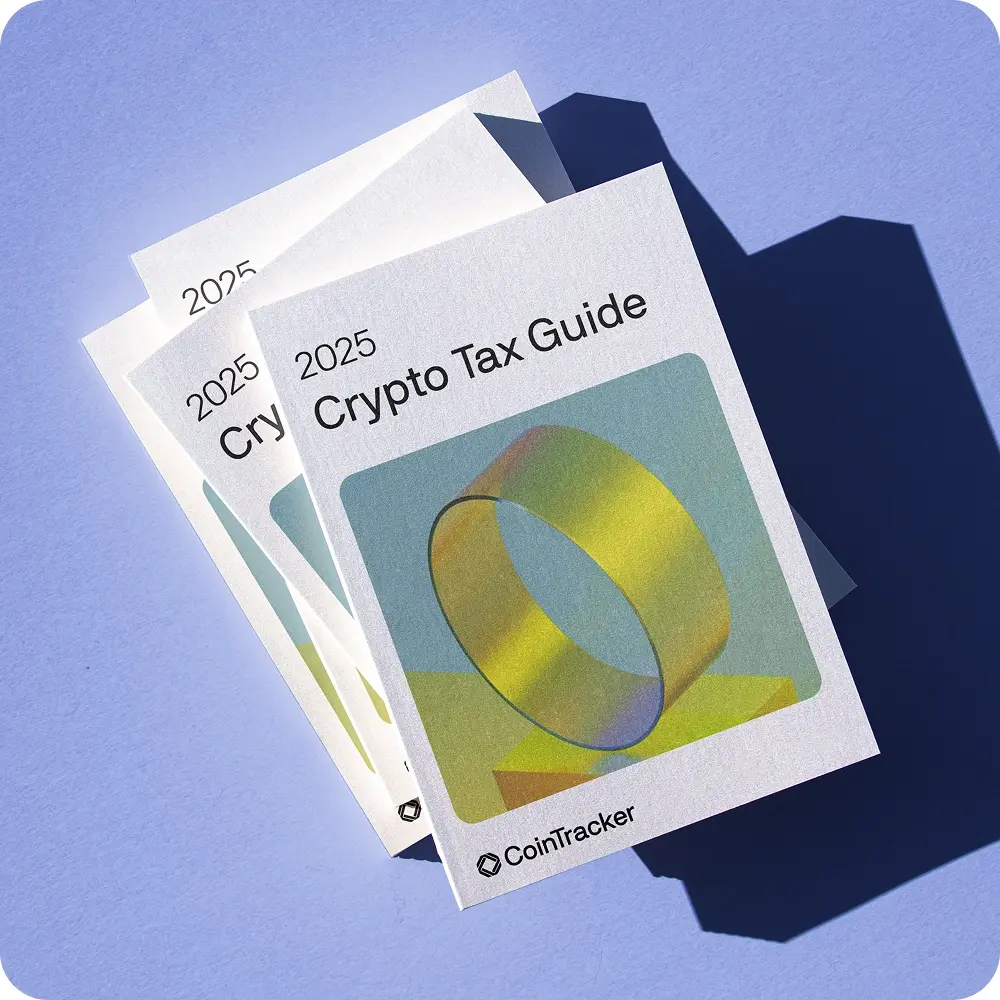Highlights From The IRS Virtual Currency Summit
Mar 20, 2020・3 min read
This post was originally published on Forbes by Shehan Chandrasekera on March 9th, 2020.
On Tuesday March 3, 2020, the IRS held an invite-only Virtual Currency Summit at the IRS headquarters in Washington DC. This event included stakeholders in the crypto community such as exchanges, crypto tax software companies, tax practitioners, crypto advocacy groups. The event consisted of four 90-minute panels and Q&A with attendees. The purpose of the event was to learn more about the crypto industry and compliance challenges. This post highlights some of the discussion items specifically related to crypto taxes.
Bitcoin Is Not Anonymous And The IRS Is Paying Attention
It is a common misconception that Bitcoin is anonymous. Actually, bitcoin is quite traceable. In fact, the event opened with the IRS Commissioner Chuck Rettig highlighting a new indictment against two individuals who laundered $100M of stolen crypto. To bring the case forward, the IRS Criminal Investigation division used tools like Chainanalysis to track the funds of the defendants across 113 wallets and exchanges. The IRS is increasingly paying attention to where users are storing their crypto.
“We have no idea where the dollar bill in your pocket was before you had it. We know EXACTLY where your Bitcoin was before you got it."
— IRS Cryptocurrency tax event
Given the traceability efforts the IRS is taking and increased cryptocurrency revenue flowing in, expect to see more IRS cryptocurrency cases.
2025
Crypto Tax
Guide is here
CoinTracker's definitive guide to Bitcoin & crypto taxes provides everything you need to know to file your 2024 crypto taxes accurately.

“Property” Classification is Imperfect
One of the IRS agents who contributed to the very first crypto tax guidance, Notice 2014-21, noted that the “property” classification of cryptocurrency is causing a lot of confusion. In 2014, property classification made sense — the cryptocurrency space was basically synonymous with bitcoin at the time. However since then, the number of cryptocurrencies and types of use cases have increased considerably (e.g. Ether, stablecoins, decentralized finance, lending, thousands of new coins, etc.). The IRS is fully aware of the evolution in the industry, and acknowledged this general “property” treatment may not be suitable for all cryptocurrency instruments like stable coins and other crypto related derivatives.
There was also discussion about how various regulators are classifying cryptocurrency in different ways. For example, the Securities and Exchange Commission (SEC) treats some tokens as securities, the Commodities Futures and Trading Commision (CFTC) believes that some cryptocurrencies are commodities, and the IRS is taxing cryptocurrencies as property.
Crypto Tax Calculators
An attendee brought up the proliferation of cryptocurrency tax calculators in the past year or so. Many of these software claim to be accurate, though an informal study done by Coindesk found that each platform provided different results with the same input data. Taxpayers need to be careful when choosing a reputable crypto tax solution. In particular they should pay attention to whether there are endorsements from cryptocurrency exchanges, accounting firms, and users.
Central Depository for Crypto Tax Data
The IRS proposed a Central Depositary (CD) to help improve cryptocurrency tax compliance. The idea is to have all the cryptocurrency exchanges transmit all user transactions and crypto activity to this CD so regulators have access to it if/when needed. However, both Coinbase and Kraken representatives pushed back on this proposal due to high security and privacy risks.
Schedule 1 Crypto Tax Question
Tax practitioners raised several questions regarding the new cryptocurrency question added on the Schedule 1 (Form 1040). There is a lot of confusion about what precisely this question covers because the instructions are very limited. For example, it is unclear what is covered under the “financial interest” category of the question.
AICPA Comment Letter
An American Institute of Certified Public Accountants (AICPA) panelist discussed their latest comment letter to the IRS on cryptocurrency taxes. In particular, the panel discussed cryptocurrency donations. Crypto donations are subject to non-cash property donation rules. Generally, if you donate a crypto asset and deduct more than $5,000, the IRS requires that you use a “qualified appraiser”. However, there is no certification nor specific set of rules that explain what a “qualified” appraiser is for cryptocurrency. Additionally, unlike traditional physical property, cryptocurrency property (primarily bitcoin) is highly liquid with spot pricing easily available to anyone with an internet connection. The AICPA suggests that crypto donations should not be subject to qualified appraisals; they should be treated similarly to publicly traded stocks for which qualified appraisals are not needed.
Overall, this event shows the IRS’s ongoing effort to learn more about the industry and related compliance challenges. These discussions with various stakeholders in the crypto community will have a significant impact on future tax guidance issued by the IRS.
Disclaimer: this post is informational only and is not intended as tax advice. For tax advice, please consult a tax professional. Reach out to us @cointracker